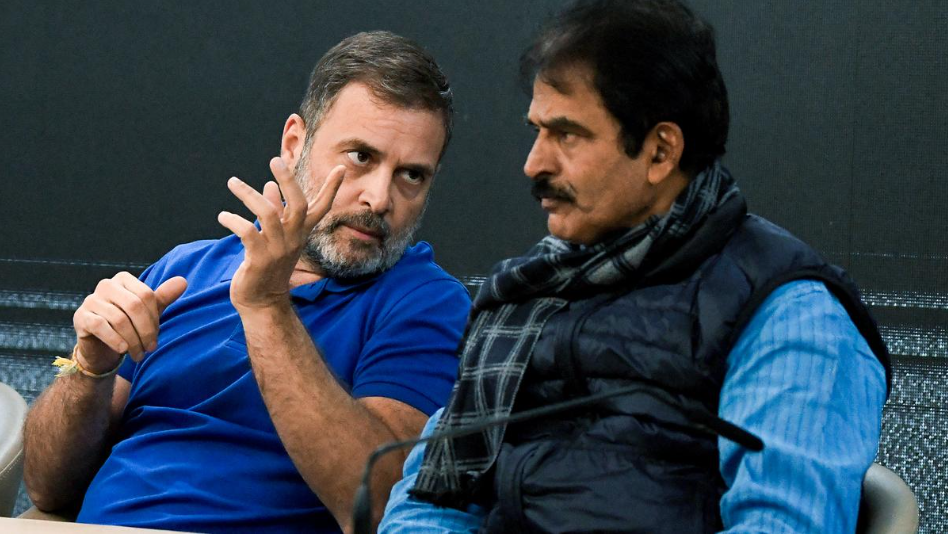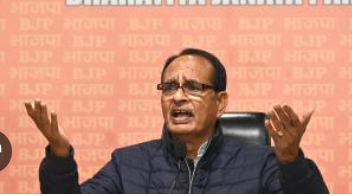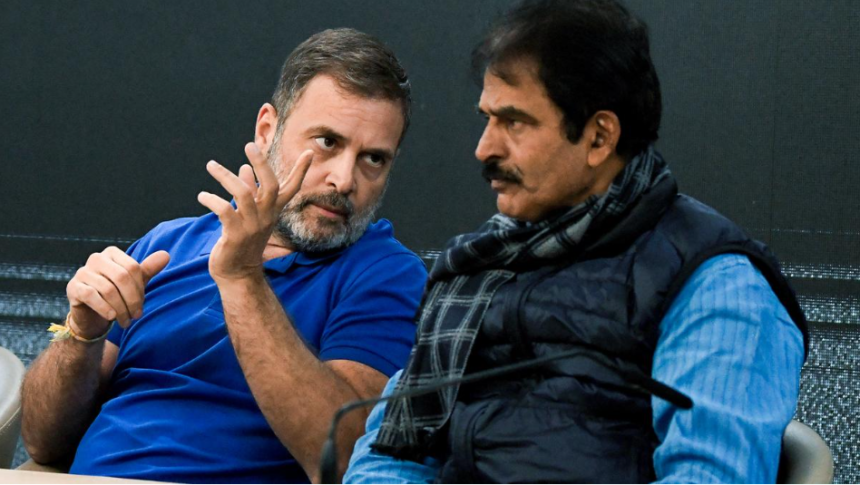1. Introduction: Political Showdown in Delhi
FIR Against Rahul Gandhi Indian National Congress (INC) has accused the ruling Bharatiya Janata Party (BJP) of engaging in diversionary tactics by filing an FIR against Rahul Gandhi. This development follows Gandhi’s protest against Home Minister Amit Shah regarding alleged misconduct in government policies. Congress leader K.C. Venugopal has further alleged that the Delhi Police’s lack of action on FIRs filed by women MPs of the INC against BJP leaders for alleged physical assault highlights a concerning bias in enforcement.
This article delves into the complexities surrounding this political controversy, analyzing its implications for governance, democracy, and gender justice in India.
2. The FIR Against Rahul Gandhi: The Spark That Lit the Fire
2.1. What Triggered the FIR?
According to reports, the FIR against Rahul Gandhi pertains to his protest in New Delhi, during which Congress accused Amit Shah of being evasive on critical policy matters.
- Congress’ Claims: Gandhi’s actions were peaceful and in line with his constitutional right to dissent.
- BJP’s Allegations: The ruling party alleged that Gandhi incited public disorder and undermined national security.
2.2. Political Reactions
The Congress called the FIR a “diversionary tactic” aimed at silencing dissent and drawing attention away from their legitimate concerns about governance and transparency.  For the more information click on this link
For the more information click on this link
3. Women MPs Allege Assault: Unaddressed Complaints
3.1. FIRs Filed by INC Women MPs
In a separate yet interconnected development, several INC women MPs alleged they were physically assaulted by BJP leaders during heated exchanges in Parliament.
- Nature of Complaints: The MPs filed FIRs citing instances of manhandling, intimidation, and derogatory remarks.
- Congress’ Question: Why hasn’t the Delhi Police acted on these FIRs with the same urgency as they did in the Gandhi case?
3.2. Delhi Police’s Silence
The police have yet to issue a formal statement regarding the status of these complaints, fueling allegations of partisanship.
4. Opposition Accuses BJP of Undermining Democracy
4.1. Eroding Parliamentary Decorum
The Congress has argued that the government’s unwillingness to address opposition concerns within Parliament reflects a broader trend of silencing dissent.
- Lack of Transparency: Opposition leaders criticized the lack of clear answers from the government on key policy questions.
- Aggressive Tactics: The BJP was accused of resorting to intimidation tactics to suppress opposition voices.
4.2. Targeted Silencing of Women Leaders
INC leaders highlighted the gendered nature of political suppression, calling out the inaction on complaints by women MPs as reflective of systemic bias.
5. The Legal and Ethical Debate
5.1. Freedom of Expression and Right to Protest
The FIR against Rahul Gandhi raises important questions about the boundaries of freedom of expression in a democracy.
- Congress’ Viewpoint: Gandhi’s protest was a legitimate exercise of his right to dissent.
- Government’s Defense: The BJP argues that no individual is above the law, FIR Against Rahul Gandhi and allegations of incitement must be investigated.
5.2. Selective Justice in Enforcement
Legal experts have raised concerns about the apparent selective application of justice, FIR Against Rahul Gandhi with opposition leaders often facing swift action while complaints against ruling party members languish.
6. Gender and Political Representation
6.1. Challenges Faced by Women in Indian Politics
The allegations by INC women MPs underscore the hostile environment faced by women leaders in political spaces.
- Systemic Bias: Women politicians often face gendered forms of intimidation and violence.
- Demand for Accountability: Activists have called for stricter enforcement of laws to ensure the safety of women in politics.
6.2. Public Perception and Media Narrative
The lack of action on complaints by women MPs risks undermining public confidence in institutions tasked with safeguarding democratic and gender justice.
7. Congress’ Strategy and Public Sentiment
7.1. Amplifying the Narrative of Suppression
Congress has seized on these incidents to build a broader narrative of governmental overreach and democratic erosion under BJP rule.
- Public Protests: The party has organized protests and public meetings to highlight the issue.
- Online Campaign: Congress leaders have used social media to bring attention to the perceived inequities in the system.
7.2. Public Response
The response has been polarizing, with some viewing the FIR Against Rahul Gandhi as justified and others perceiving it as an attack on democratic values.
8. Implications for India’s Democracy
8.1. Dissent and Governance
The FIR against Gandhi and the neglect of complaints by INC women MPs highlight broader issues regarding the government’s handling of dissent.
- Concerns Over Authoritarianism: Critics argue that the government’s actions reflect a troubling trend of centralizing power and stifling opposition.
- Need for Dialogue: Political analysts emphasize the importance of fostering open discussions rather than resorting to legal and administrative measures to quash dissent.
8.2. Gender and Justice
The handling of the complaints by INC women MPs calls into question the state’s commitment to ensuring gender equity in public institutions.
9. Expert Opinions and Recommendations
9.1. Legal Scholars
- “The selective enforcement of laws erodes public trust in the judiciary and law enforcement agencies,” FIR Against Rahul Gandhi stated a prominent legal expert.
- Suggestions include implementing independent oversight mechanisms to ensure impartiality in handling political complaints.
9.2. Political Analysts
- ing grievances promptly to prevent further polarization. Analysts recommend adopting a non-confrontational approach to opposition demands and address
 For the more information click on this link
For the more information click on this link
10. Conclusion: The Road Ahead
The controversies surrounding the FIR against Rahul Gandhi and the unaddressed complaints by INC women MPs represent critical tests for India’s democratic institutions. While the BJP defends its actions as lawful and necessary, the opposition argues that these moves undermine the principles of equality and justice enshrined in the Constitution.
For democracy to thrive, political leaders must prioritize dialogue and inclusivity over partisanship and suppression. Resolving these issues will require a collective commitment to upholding the rights of all individuals, irrespective of their political affiliations or gender, ensuring that India’s democratic ethos remains robust and resilient. ALSO READ:-Parliament Winter Session: Lok Sabha Adjourns Amidst Controversy Over Alleged ‘Insult’ to B.R. Ambedkar 2024





